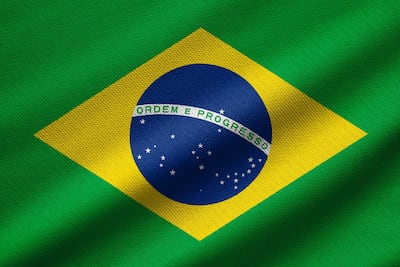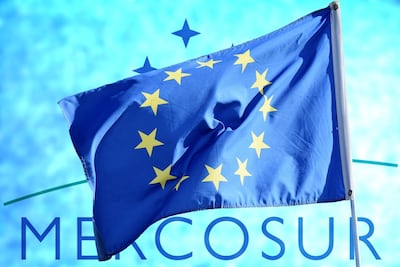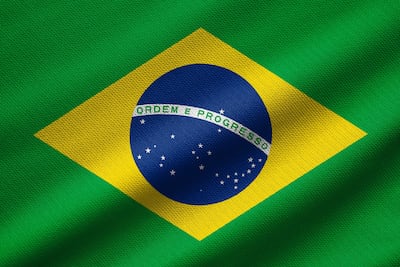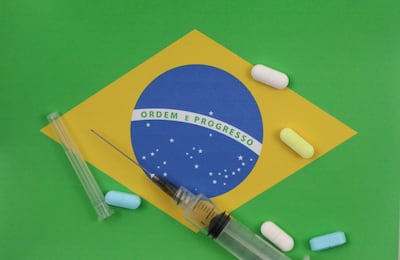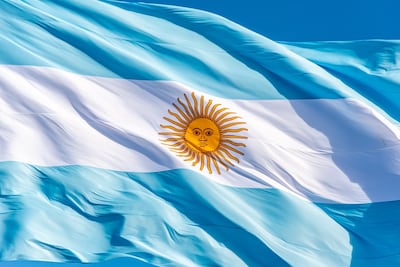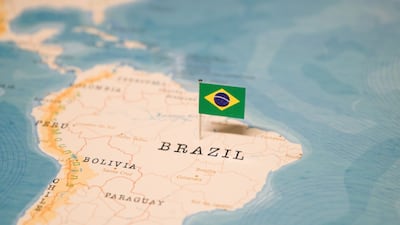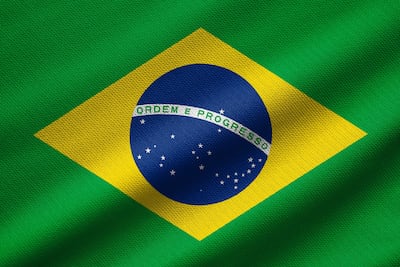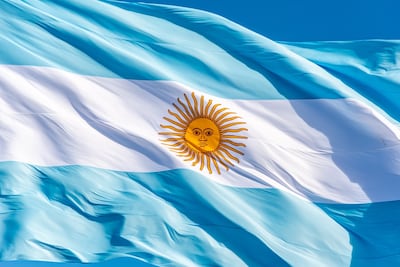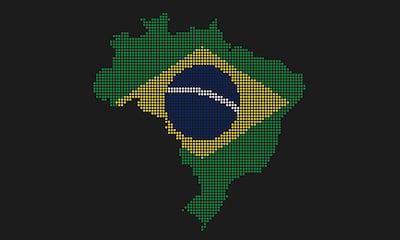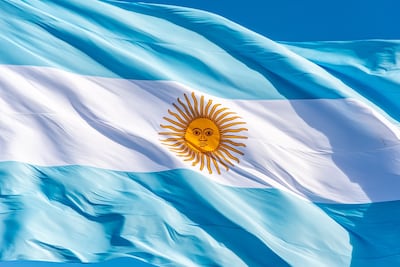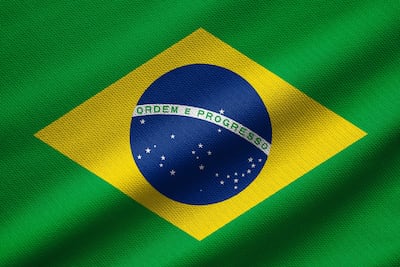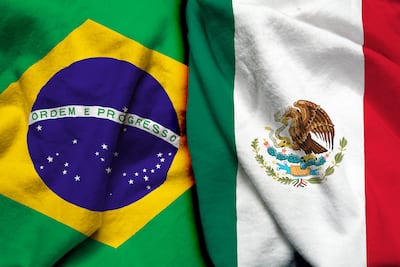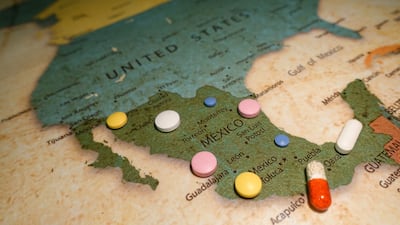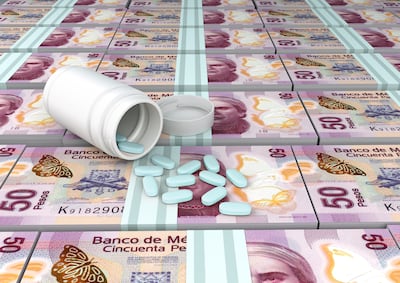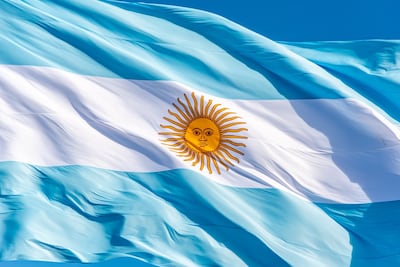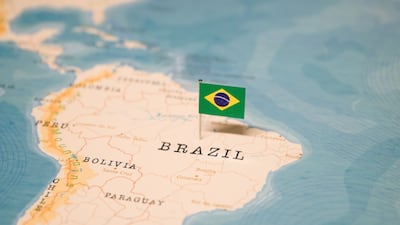Latin America
The Brazilian government wants to boost the country’s capabilities to develop radical innovation that leads to new therapies for the national health system.
Two major EU trade agreements are on hold, with ramifications for the pharmaceutical market.
Brazilian authorities say that some pharmaceutical companies exploit court cases brought by patients to secure drug access to achieve higher prices.
Brazil’s new drug pricing rules, which come into force in April, are intended to better recognize incremental innovation and give more predictability to the pricing of biosimilars.
Anvisa, the Brazilian medicines regulator, has published a new Q&A document relating to clinical research requirements. Meanwhile, the regulator’s new innovation committee, set up to monitor and evaluate innovative products, has set out its key priority areas.
Argentina’s medicines regulator, ANMAT, is updating the national pharmacopeia with new guidelines on advanced therapies.
Brazil’s medicines regulator, ANVISA, has hired new staff to help halve the time it takes to register a new medicine in Brazil.
Regulatory reliance processes for drug registration and clinical trial application approvals in Brazil have not met their “full potential,” says Brazil’s medicines regulator.
New rules in Argentina mean that good manufacturing practices certificates for foreign drug manufacturing plants issued by certain regulatory authorities could lead to quicker GMP certification evaluations.
A new decree in Brazil establishes a new ethics governance and operational structure in clinical research and seeks to better protect clinical trial participants.
Argentina has implemented a nation-wide traceability system for medicines for the first time.
Brazil is planning to update its National Clinical Research Action Plan to make the country a more competitive location to conduct R&D.
ANVISA, the Brazilian medicines regulator, has a new president, Leandro Pinheiro Safatle, who says that public private partnerships could help counter the impact of US tariffs on the pharmaceutical industry.
Two of Latin America’s biggest regulators have signed a memorandum of understanding to deepen cooperation and improve access to medicines.
Mexico’s drugs regulator will be able to grant quicker drug approvals based on decisions issued by World Health Organization listed authorities and founding ICH members.
Legal experts warn, however, that new Mexican procurement rules are discriminatory and could be challenged in the courts.
There is a place for using external reference pricing to set prices of advanced therapies, but any such mechanism must take into account the specificities of the Brazilian market and health system.
Companies operating in Argentina may get their medicines to the market more quickly thanks to new updates to the medicines authorization system.
Brazil’s drug pricing authorities are planning to introduce, among other things, a new drug category for biosimilars to ensure the pricing procedures for such medicines are reflected in the official pricing framework.
Brazil plans to clarify its medicine pricing framework, for example by outlining the procedures for setting medicine prices and bring it up to date with recent developments in the sector.

